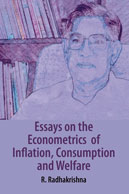New Releases...
Download Catalogue...
Download Excel Data
Download PDF Catalogue
You will get a Excel file with detail about catalogue.
You will get PDF file with detail about catalogue.
Detailed info...
The Trade Game
Negotiation trends at WTO and concerns of developing countries
Bibek Debroy‚ Debashis Chakraborty (Eds.)
About the Book
<p>Notwithstanding the WTO objective, even eleven years after the inception of the multilateral body, the trade barriers, both in developed and developing countries are quite significant and unilateral liberalisation is not easily forthcoming. Although this lack of market access hurt the developing countries much more severely than their developed counterparts, the former group never systematically bargained at the negotiating table with the latter before the Doha Ministerial (2001). Looking at the negotiating strategies of India and several other WTO members over the years, the nine papers in this volume explore the current negotiating scenario and the concerns for India and other developing countries.</p>
<p> </p>
<p>While some papers attempt to chalk out the future of global free trade and the determinants of protectionism of major players, the other ones look into the future of India's sectoral negotiating strategy. The introduction notes that judging by the experience of Cancun (2003) and the recent Hong Kong Ministerial (2005), developing countries are fast emerging as quick learners of the rules of the game, but need to sharpen those skills further : “It is quite prudent to understand that hidden from public glare, both the battle and the war will now continue in Geneva, which is less of a free trade bastion than Hong Kong. It is by now a time-honoured fact that the intensity of liberalisation undertaken at home makes handling the WTO-induced reforms easier, and the priorities for Indian policy makers are therefore, obvious.”</p>
About the Author(s) / Editor(s)
<p><strong>Bibek Debroy</strong> is Secretary General, PHD Chamber of Commerce and Industry, New Delhi. He is a professional economist and was educated in Presidency College (Calcutta), Delhi School of Economics and Trinity College (Cambridge). He has worked at Presidency College (Calcutta), Gokhale Institute of Politics and Economics (Pune), Indian Institute of Foreign Trade (Delhi), National Council of Applied Economic Research (Delhi) and as Consultant, Department of Economic Affairs, Ministry of Finance, Government of India. He has been the Director of the Rajiv Gandhi Institute for Contemporary Studies (RGICS), Rajiv Gandhi Foundation, New Delhi. He was also the Director for a project known as LARGE, set up by the Ministry of Finance and UNDP to examine legal reforms. He is the author and editor of several books, papers and popular articles and is also Consulting Editor with Business Standard. Bibek Debroy’s special interests are international trade (in particular the WTO), law reform and the political economy of liberalisation in India. He has been listed in many bibliographies and has been a member of several government committees.</p>
<p> </p>
<p> </p>
<p><br />
<strong>Debashis Chakraborty</strong> is Assistant Professor at the Indian Institute of Foreign Trade, New Delhi. Debashis has been educated at University of Calcutta and Centre for International Trade and Development, Jawaharlal Nehru University (JNU), New Delhi. He has worked on issues pertaining to international trade policy, WTO issues and Indian economic development, and published his research at various academic and policy forums in India and abroad. He has earlier worked in Rajiv Gandhi Institute for Contemporary Studies (RGICS), New Delhi as a researcher. Debashis has recently edited two titles on WTO and is currently working on a manuscript relating to Contract Farming in India.</p>
Contributors
<p><strong>Anthony B. Kim </strong>Research Associate in the Centre for International Trade and Economics (CITE) at the Heritage Foundation, Washington DC </p>
<p> </p>
<p> </p>
<p><strong>Brett D. Schaefer Jay </strong>Kingham Fellow in the International Regulatory Affairs in the Margaret Thatcher Center for Freedom at the Heritage Foundation, Washington DC.</p>
<p> </p>
<p> </p>
<p><strong>Jean-Pierre Lehmann</strong> Professor of International Political Economy, International Institute for Management Development (IMD), Lausanne, Switzerland and Founding Director of The Evian Group.</p>
<p> </p>
<p> </p>
<p><strong>John C. Hulsman </strong>Senior Research Fellow for European affairs in the Margaret Thatcher Center for Freedom at the Heritage Foundation, Washington DC., and a contributing editor to The National Interest.</p>
<p> </p>
<p> </p>
<p><strong>Oindrila De Research </strong>Associate, Centre for Global Agreements Legislation and Trade, The Energy and Resources Institute (TERI), New Delhi.</p>
<p> </p>
<p> </p>
<p><strong>P.D. Kaushik </strong>Director, Rajiv Gandhi Institute for Contemporary Studies, New Delhi.</p>
<p> </p>
<p> </p>
<p><strong>Pavel Chakraborty</strong> Research Associate, Centre for Global Agreements Legislation and Trade, The Energy and Resources Institute (TERI), New Delhi.</p>
<p> </p>
<p> </p>
<p><strong>Peter Draper</strong> Research Fellow, The South African Institute of International Affairs, Johannesburg.</p>
<p> </p>
<p> </p>
<p><strong>Rahul Sen </strong>Fellow, Regional Economic Studies, Institute of Southeast Asian Studies (ISEAS), Singapore.</p>
<p> </p>
<p> </p>
<p><strong>Razeen Sally </strong>Senior Lecturer, International Political Economy, London School of Economics, London and visiting Senior Research Fellow, ISEAS, Singapore.</p>
<p> </p>
<p> </p>
<p><strong>Stephen Woolcock </strong>Lecturer, Department of International Relations, The London School of Economics, London.</p>
Print Brochure...
Print as it is
Customised brochure
You will get a printout of what you see on your screen under 'Detailed Info'(Uneditable).
You will have the opportunity to edit the text and adjust the extent to fit on A4 size sheet or more accordingly as you desire. Plus, you can download the edited/customised Brochure or simply print it (CTRL + P).


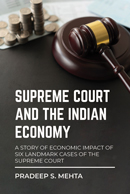
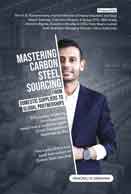



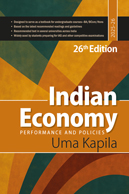
-web-194.jpg)
-front.jpg)
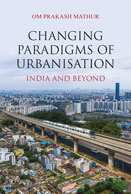








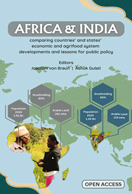
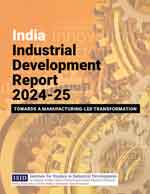
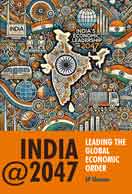
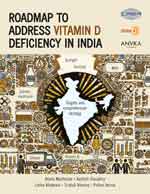
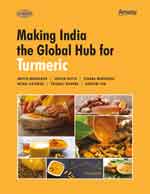
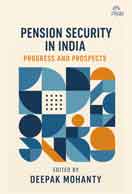
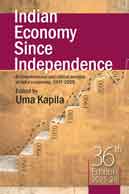
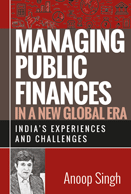
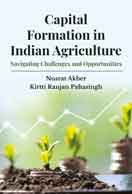









-COVER-web-194.jpg)





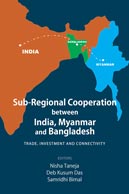






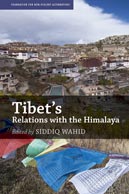



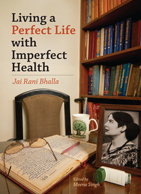












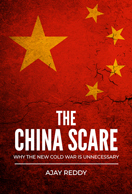
.jpg)






